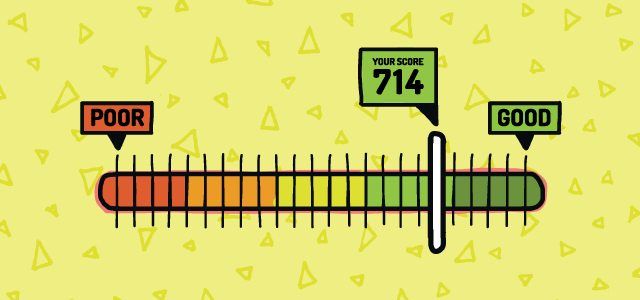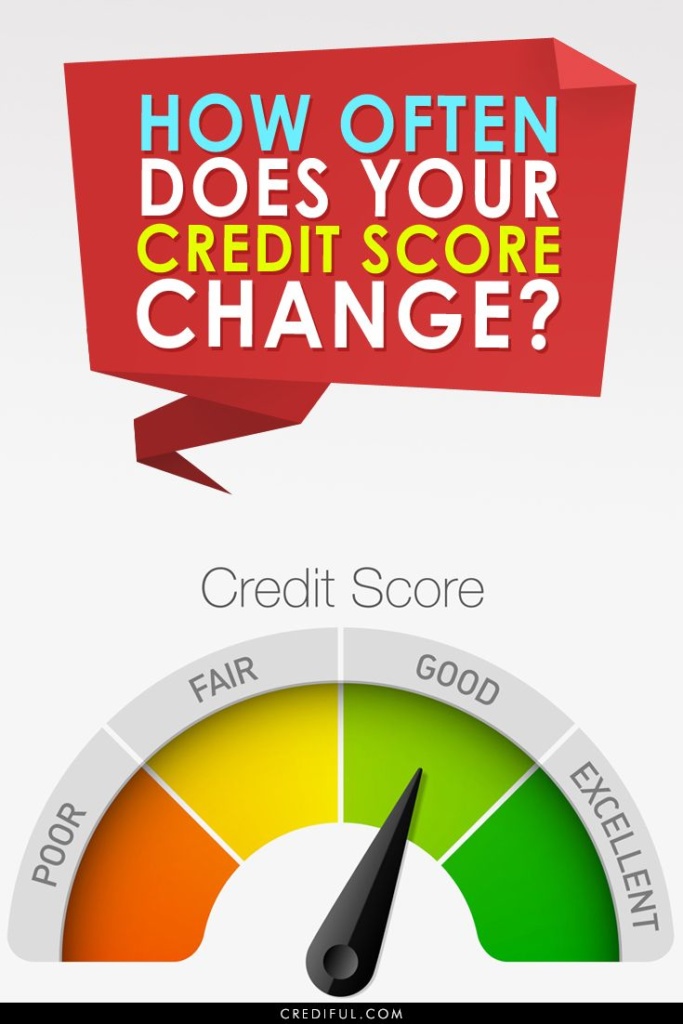
Simply put, credit is the ability of an individual or organization, to borrow money or obtain goods or services from another individual or organization with a promise (sometimes with some form of collateral), that you can and will pay it back.
Credit is used when the debtor (the person or organization who receives the credit, in this case, YOU) doesn’t have enough money to make a purchase, and the creditor (the person or organization who gives the credit) makes an assessment of the assets or projected income of the debtor, and decides to honor the credit request.
WHY IS CREDIT IMPORTANT?
Credit is important, as it forms part of your financial power.
- It enables you to get things you need now, like a loan for a car or a credit card, based on your promise to pay later.
- Credit also helps you in the case of emergency and other unexpected expenses.
HOW CAN I ACCESS CREDIT?
Access to credit is provided by financial intermediaries like commercial banks, investment banks, credit unions, microfinance banks, stockbrokers, stock exchanges, and even pooled investment funds.
WHAT ARE THE TYPES OF CREDIT?
There are many types of credit.
The two most common types are:
- Installment loans
- Revolving credit
Installment Loans: An investment loan is a fixed amount of money, loaned to you to use for a specific purpose. Common examples of Installment Loans include student loans, auto loans, personal loans
Revolving Credit: This is a type of credit that you can continue using after each repayment. You are allowed to purchases with it provided the balance stays below the credit limit, which can change with time. Credit cards are the most common type of revolving credit.
WHAT ARE THE FORMS OF CREDIT?
The most popular forms of credit are credit cards, charge cards, service credit, auto loans, personal loans, consumer lines of credit, payday loans, retail loans and mortgages.
Credit issued by banks accounts for the largest volume of credit in existence. Today, banks serve one main purpose: the creation of credit.
The two main forms of credit created by banks are:
- Unsecured (non-collateralized) credit like credit cards, charge cards, service credit and small loans.
- Secured (collateralized) credit, which is usually secured against the item being purchased with the credit (car, house boat etc.).
To minimize the risk of not getting their money back (known as credit default), banks usually issue large credit sums only to those deemed credit-worthy.
This usually means that they will require collateral; which is usually something with a value that is above or equivalent to the value to the credit loan. If the debtor does not meet the repayment terms of the loan, the collateral will become the property of the bank. The bank might choose to sell off the collateral to reduce its liability or hold onto it if they believe that its value will rise over time.
Examples of secured credit are mortgages used to buy houses, boats, etc., and personal contract plan credit used for automobile purchases.

WHAT ARE THE CRITERIA FOR ACCESSING CREDIT?
Today in the U.S., before creditors will offer you credit, they will first check your credit history, which is a record of your borrowing and repaying habits, before deciding to honor your credit request.
Your credit history is usually compiled and summarized in files known as credit reports, by three independent credit bureaus—Experian, TransUnion and Equifax.
Banks, credit unions, credit card issuers and any other creditors usually report your borrowing and repayment information to these credit bureaus.
The information in this credit report will include:
- The number of credit card accounts you possess, their borrowing limits, and your current unpaid balances
- The amounts of any loans you’ve taken and how much of them you’ve repaid.
- Whether and when you make your monthly payments for your accounts and any missed payments.
- Any severe financial setbacks you’ve experienced, such as mortgage foreclosures, car repossessions or bankruptcies.
To help narrow lending decisions, creditors use a three-digit number known as a credit score, as the first step in determining whether or not to issue you credit. Your credit score condenses the information in your credit reports to something that is easy to interpret and more understandable by you. The use of the credit score also ensures that issuance of credit is fair and does not involve bias. The higher your credit score, the higher your chances of getting credit.

HOW DO I MAKE MY CREDIT SCORES HIGHER TO ENABLE BETTER LOANS OFFERS?
The first step to improving your credit scores is to check your credit scores online. You can fix a problem you don’t know. After your score has been calculated, you will be shown your scores; you will also get information on which factors are contributing to your scores the most, and the ones that aren’t helping.
These factors will make you aware of the changes you need to make to before you can start expecting your scores to improve. Some of these credit score factors are more crucial than others. For example, your payment history and your credit utilization ratios are two of the most important in most credit scoring models. Together they constitute about 70% of your credit score, which means they’re the most influential.
Focusing on both of them will help improve your credit scores over time. A credit score reflects credit payment patterns over time intervals, with emphasis on recent the most recent data.
Other actions to take to help increase your credit scores include:
- Always Review Your Credit Reports.
- Pay your bills promptly.
- Try to use less than 30% of your available credit.
- Keep your old accounts open.
- Do not request for new credit during this period.

HOW OFTEN ARE CREDIT SCORES UPDATED?
Normally, you should expect your credit score to be updated once every month or at least once every 45 days.
You will need to allow some time for any changes you make to be reported by your creditors and subsequently reflected in your credit scores. Most of your accounts most likely do report to the credit bureaus. However, the question usually isn’t if they do so, but how frequently they do so. The credit bureaus don’t usually ask creditors to submit their information. Creditors usually follow their own schedule. This could also mean that your credit score can change frequently. It can change within days, even hours, as different accounts give the credit bureaus new information about your credit activity.
CONCLUSION
Credit is an important feature of our financial lives. It helps if you monitor your credit activity and take actions to ensure that your credit score remains above par. This would come of great help if it ever comes to a time where you’re in dire financial distress.

